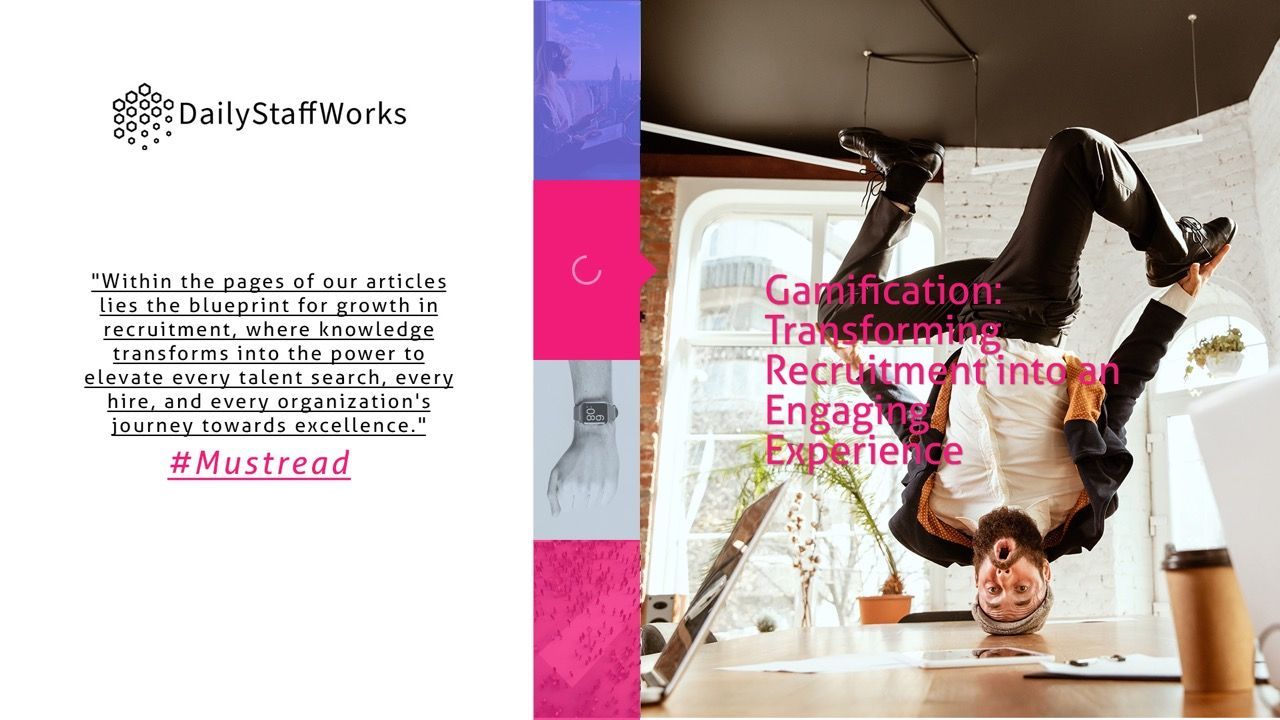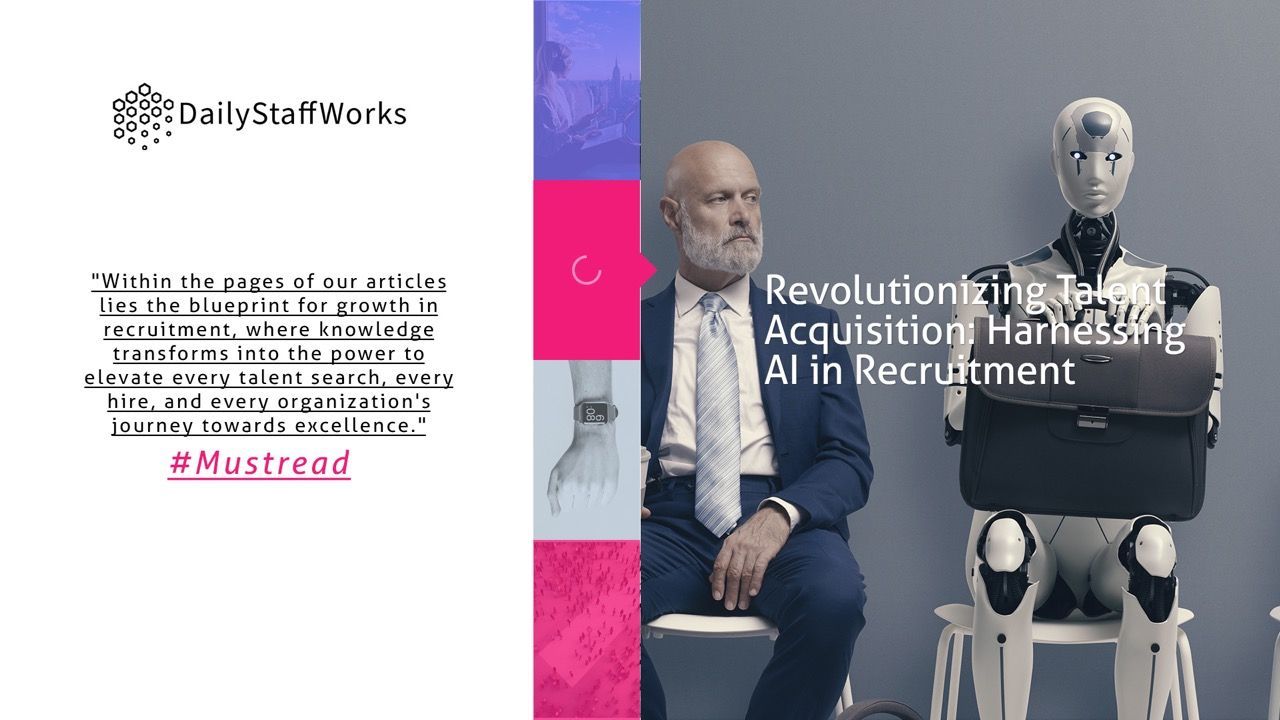Navigating the Gig Economy Effect: Shaping Modern Recruitment Strategies
The Gig Economy Effect: How it's Shaping Modern Recruitment
In recent years, the rise of the gig economy has fundamentally transformed the way people work, challenging traditional employment models and reshaping the recruitment landscape. As freelancing, independent contracting, and short-term project-based work become increasingly prevalent, organizations are adapting their recruitment strategies to harness the opportunities and address the challenges presented by the gig economy. In this article, we explore the profound impact of the gig economy on modern recruitment and how organizations can navigate this evolving landscape to attract and retain top talent.
Embracing Flexibility: The Gig Economy Phenomenon
The gig economy, characterized by temporary and flexible employment arrangements, has gained momentum as more individuals seek autonomy, work-life balance, and diverse income streams. From freelance writers and graphic designers to software developers and consultants, gig workers offer specialized skills and expertise on a project basis, enabling organizations to access talent on-demand and scale their workforce as needed.
Redefining Talent Acquisition Strategies
The gig economy has prompted organizations to rethink their traditional approaches to talent acquisition and management. Instead of relying solely on full-time employees, companies are embracing a blended workforce model that incorporates gig workers, contractors, and remote freelancers. This shift requires recruiters to adopt more agile and flexible recruitment strategies that prioritize skills, experience, and project-based outcomes over traditional tenure-based metrics.
Leveraging Platforms and Marketplaces
The proliferation of online platforms and marketplaces dedicated to connecting gig workers with businesses has revolutionized the recruitment process. Companies can now tap into a global pool of talent, access specialized skills, and source candidates for short-term projects with ease. These platforms provide transparency, efficiency, and scalability, empowering organizations to find the right talent for the right job, regardless of geographical constraints.
Cultivating a Culture of Agility and Adaptability
In a gig economy-driven landscape, agility and adaptability are essential attributes for both employers and employees. Organizations must embrace a culture of flexibility, innovation, and continuous learning to thrive in an environment where workforce dynamics are constantly evolving. By fostering a culture that values autonomy, creativity, and collaboration, companies can attract and retain top gig talent who are drawn to opportunities for growth and development.
Addressing Challenges and Mitigating Risks
While the gig economy offers numerous benefits, it also presents challenges and risks that organizations must navigate effectively. From compliance and legal considerations to ensuring fair compensation and benefits for gig workers, recruiters must be vigilant in addressing potential pitfalls and mitigating risks associated with gig-based employment arrangements. Building strong relationships with gig workers, communicating transparently, and adhering to best practices are essential for fostering trust and mutual success.
Embracing the Future of Work
As the gig economy continues to evolve, its impact on modern recruitment will only grow more pronounced. Organizations that embrace the opportunities presented by the gig economy and adapt their recruitment strategies accordingly will be better positioned to thrive in an increasingly dynamic and competitive landscape. By leveraging technology, fostering agility, and embracing a culture of innovation, companies can harness the power of the gig economy to drive growth, innovation, and success in the digital age.
In conclusion, the gig economy is reshaping modern recruitment by ushering in a new era of flexibility, agility, and opportunity. By understanding the implications of the gig economy and adapting their recruitment strategies accordingly, organizations can tap into a diverse pool of talent, access specialized skills, and gain a competitive edge in today's fast-paced business environment. The future of work is here – are you ready to embrace it?






